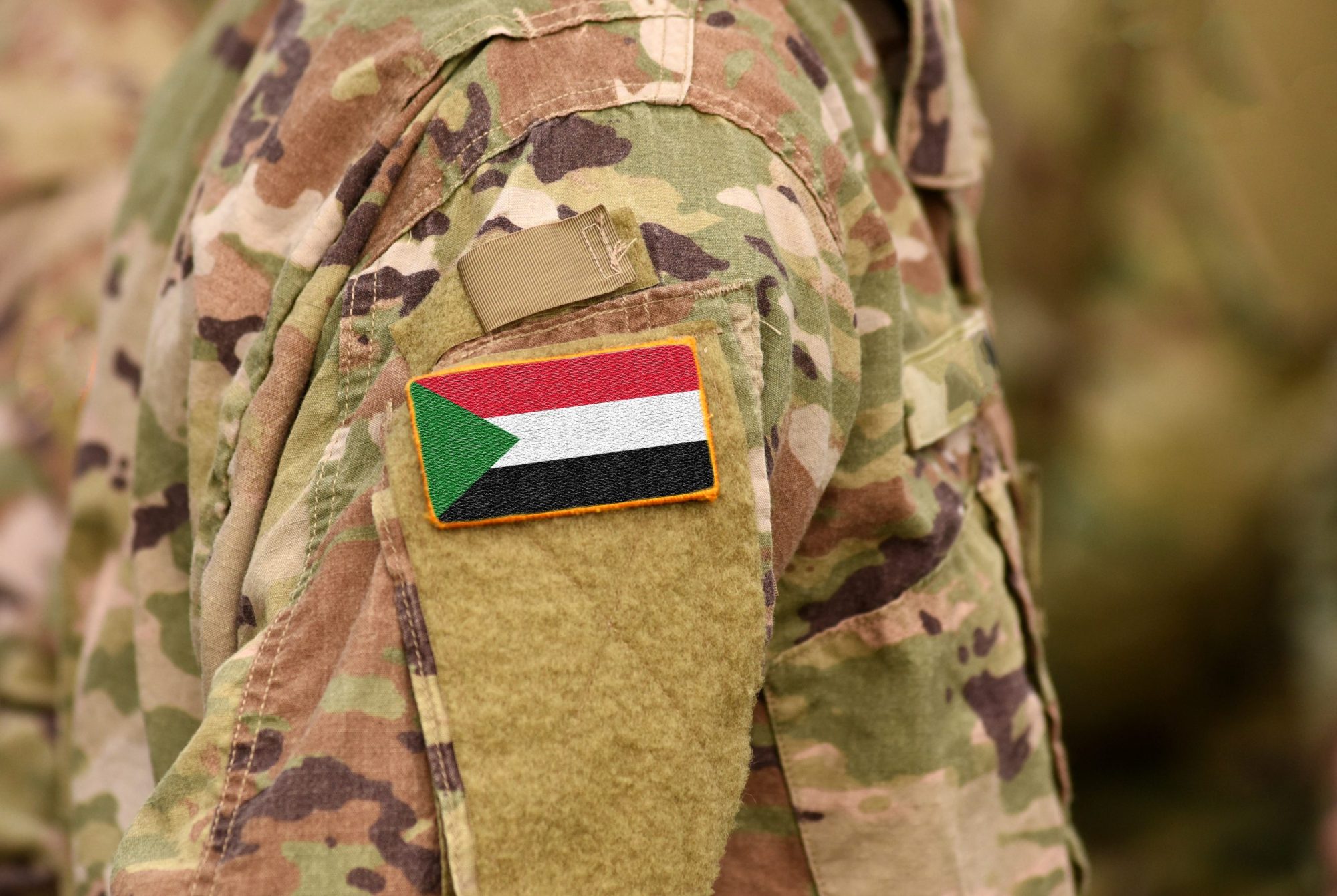The Dangerous Web of Misinformation and Othering in the Darfur Conflict
The first perspective in our Spotlight on Sudan series, written by SACDO President Mohamed Abdo, explores the impact of the misinformation and othering that led to the genocide in Darfur.
